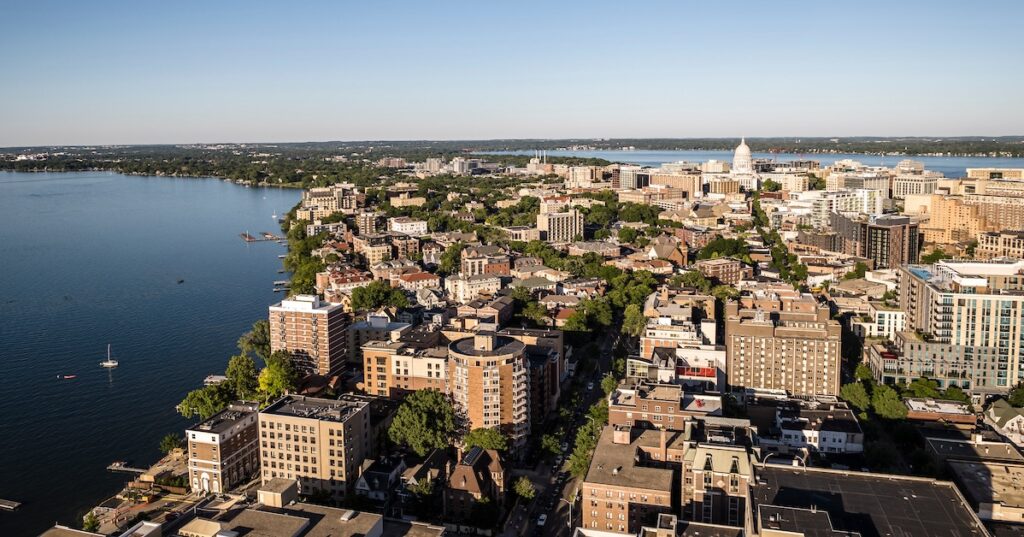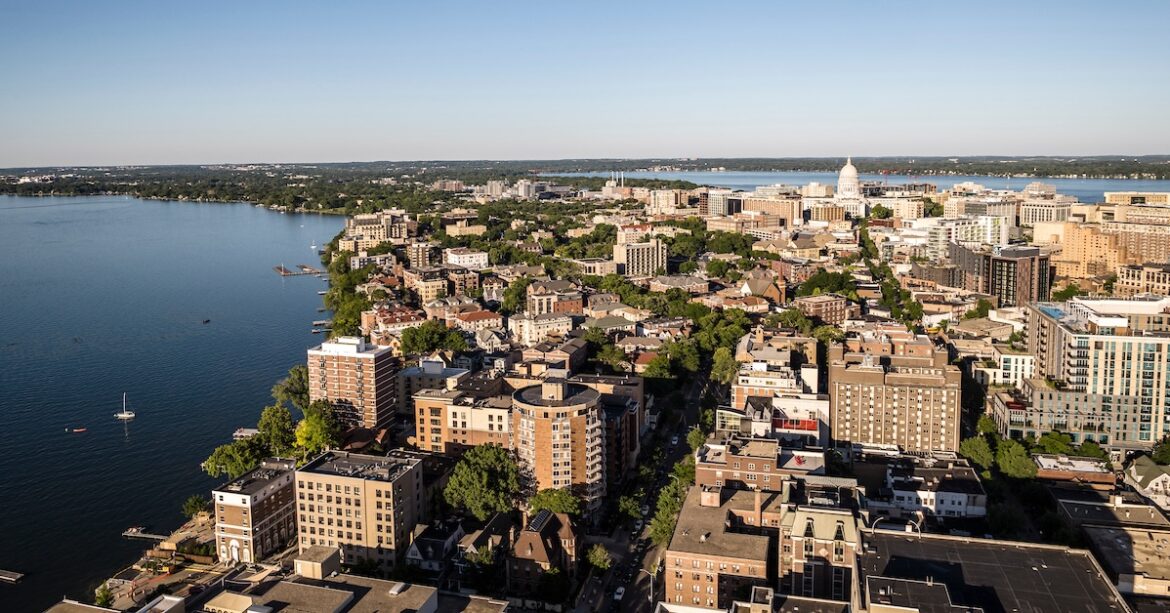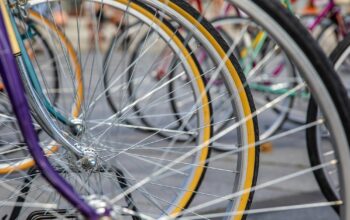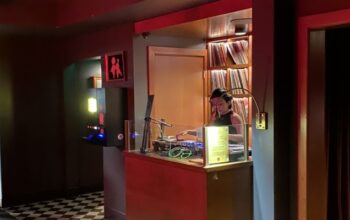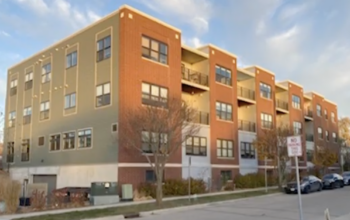Almost a decade ago, Muralidharan Govindarajan—better known to his friends as MGR—and I were working at the same tutoring center as high school sophomores. Now, he is serving on Madison’s City Council as the alder for District 8, a district covering the heart of the UW–Madison campus, and he just won reelection for his second term. I sat down to catch up with him after almost a decade of not seeing each other.
MGR graduated from UW–Madison last year with a bachelor’s degree in legal studies and political science, and he wants to pursue law school after his time as an alder is done.
What do you think is the biggest challenge our community faces?
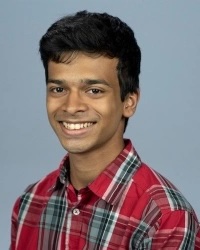
I think it has changed a lot in the past couple months. For the students, the university, the city and the county as a whole, the biggest challenge we face is currently from the federal government. We are seeing a massive amount of federal cuts, students are seeing cuts to their FAFSA; the Department of Education is maybe existing, maybe it doesn’t, who knows. We’ve seen several international students get their visas cut just last week. And if they cut what we think they might cut, the city’s going to lose roughly $81 million out of $350 million total. I’m sure there’s a similar number for the county. And we’re all just playing defense right now.
Some of his main goals as an alderman representing the entire UW-Madison Campus and the surrounding south-campus neighborhoods are to increase mental health accessibility and funding, achieve affordable housing for students, improve transportation and innovate and initiate sustainable policies.
The thing that I keep trying to get across to students specifically is [that] the power is not at the state and federal government all that much. I mean, they could really mess up your life a lot, but the power to actively improve your lives, that’s usually found at the local level. And that’s where you see government impact every single day.
What do you wish people in our community understood better?
The federal and state government, they’ll impact you maybe once a month, maybe every so often. But your trash pickups, making sure the buses are running on time, making sure the sidewalks are clean from the snow—your day-to-day stuff—that’s the city government and your local government. I wish more people would pay attention to local government because that’s the one that is impacting you every day, but you think about it the least.
What is one change you would make if you could that would make life better for people in our community?
The number one change I would make is like some kind of app that would notify students of what’s going on in the community. It would be no clickbait, no bulls**t, just “Here’s what the city is doing on the buses.” “There is going to be a bus detour.” “There is going to be a new housing project here.” If something like that could be invented for students to keep up with what’s happening, so they can engage with the city news a little bit better, I think that would be ideal.
What in our community gives you hope?
I think just young people in general give me hope. I’m the youngest person on council, and I have to interact a lot with young people, obviously, because that’s who I represent. But I also have to interact a lot with older people. And what I see from young people is, they’re eager to learn. They’re eager to engage. They’re open-minded. They don’t always think they have the answer. Even if sometimes they know that they’re right, they don’t always pretend that they are.
And I think that’s what makes our generation a little bit special from everyone else—we’re willing to put in the work and make the changes necessary, while also being open to everyone else’s ideas. And I think that’s a perspective very unique to young people, because older people in general, they know how to get certain things done, and they’re not always the most willing to try things in a new way, whereas younger people are. And that’s what gives me the most amount of hope, because we’re in a time period right now where you need to do things a different way.
The way we’ve been doing things has not worked. It feels like we haven’t actually made a lot of progress. I think the more young people getting involved directly, whether it’s through running for office or just volunteering and staying involved in your community and being involved in a nonprofit or something like that, I think that’s what’s really making the changes happen in the world.
This interview has been edited for brevity and clarity
